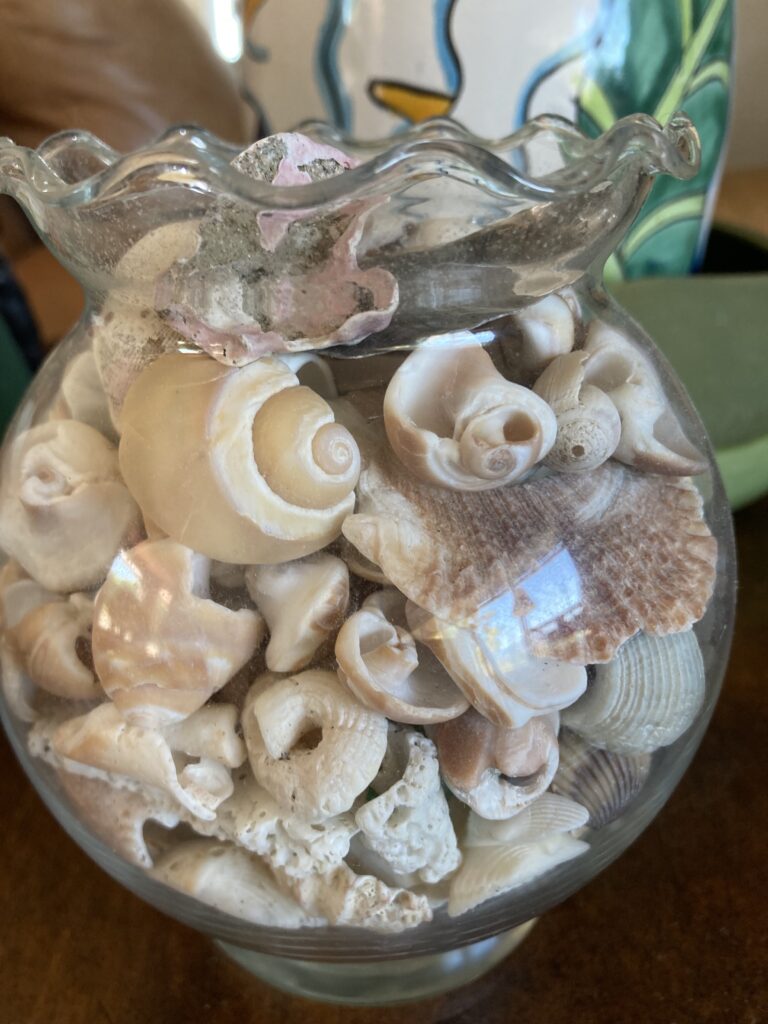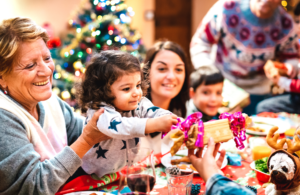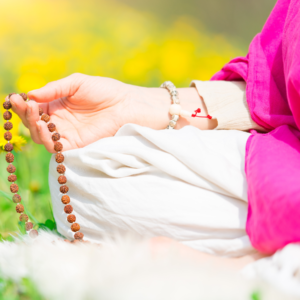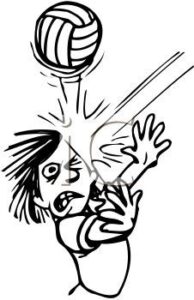In the northern hemisphere, it’s nearly summertime. The “lazy, hazy, crazy days of summer” feel like sweet respite after this year of coming back to “life” after the long winter of changing school schedules, sudden closures, social distancing, and the challenges of learning to get along with each other after a year of keeping to ourselves.
That year of keeping to ourselves meant many things, among them a concern for the loss of learning that can occur when children don’t have their usual sources of motivation and encouragement. Instead of the “summer slide,” many teachers talk about the “covid slide” with students falling behind the expectations for a specific age or grade. Yet the testing goes on. (“BIG SIGH!” A different subject for another day.)
Humans are Learners
Dr. Montessori recognized something in humans that many of us adults seem to forget: that it’s a natural human instinct to learn. I was one of those lucky kids who got to grow up playing unsupervised for hours: climbing trees, making forts under old grape vines, damming up the creek to create a swimming hole on the hottest days, while laughing, arguing, solving the problems of 5-, 6-, and 7-year-olds for hours on end.
“Education is a natural process carried out by the child and is not acquired by listening to words but by experiences in the environment.”
The Montessori Method
Frolicking in the overgrown remnants of the farm at the end of our short streets, we collected all kinds of objects. Fresh summer leaves were pressed between wax paper and put into a notebook or box to share when returning to school in the fall. Seed pods weren’t my favorite natural collectible, (I think I liked the order of the wax-paper-pressing and saving), but there were plenty to be found. And there were rocks…so many rocks!
As we got older, we collected books: Nancy Drew was read and passed around so much that I started a little library in our storage room. Yep…more order!
The point being, that my friends and I were always collecting something. We’d talk about our treasures, share them with each other, covet the cool ones owned by our friends, and yearn for the next time our moms let us buy a new Nancy Drew, coordinating the picks so we’d have access to more of them.
Collecting, Keeping, and Honing Skills
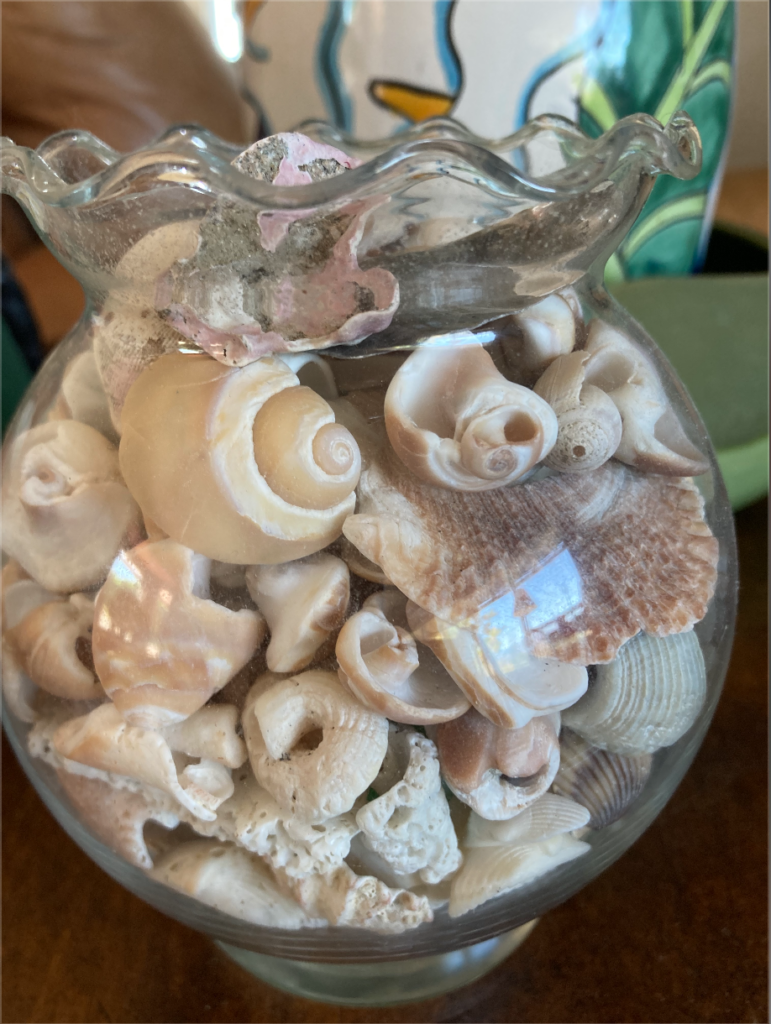
Collecting is one of the most natural and instinctive behaviors for inspired learning; an equal-opportunity habit that is available to all. With a little encouragement, you can turn this into learning that may even last a lifetime.
As a Montessorian with a passion for Cosmic Education, collecting found objects leads to all sorts of easily accessible learning about the Earth and the Universe. The curiosity raised inspires listening, reading, and even simple writing for record-keeping.
As a parent, I learned so much about my children when observing their excitement for objects that caught their attention. I’d wonder out loud about them, encouraging conversation or curiosity.
We’d make time for a library visit to see if there was info to be found…these were the early days of computers and google had not found its way into my vocabulary or my resources for inquiry. And that also meant a stop at the neighborhood Dairy Queen where we’d pour over the books, trying to keep them free of drips, of course, making summer memories of curiosity, wonder, relationships and learning.
A Gift for You
Are you ready to start on a collecting journey with your child? I have a free start-up guide available here. It’s a gift to be found on my private Facebook group, Demystifying Cosmic Education.
The Demystifying Cosmic Education Facebook group is focused on creating a classroom or homeschool that vibrates with the joy of Cosmic Education. This summer, I’ll be offering videos, tips, live broadcasts and online chats to help you prepare your Cosmic-focused learning environment for the coming year and throughout the months that follow. If you’re not already a member, you’ll be asked to answer a few questions and then you’re in!
For now, this little guide to Collecting will get you started. Enjoy!

